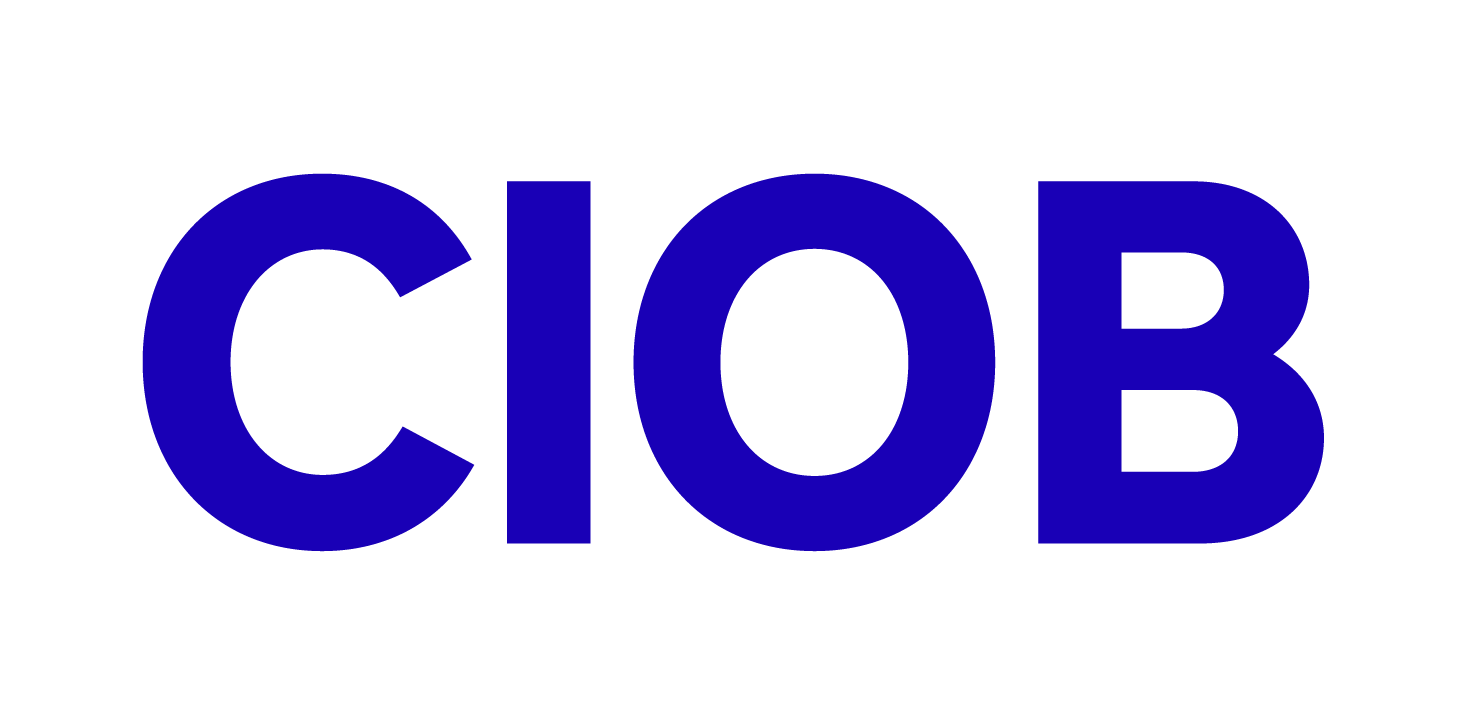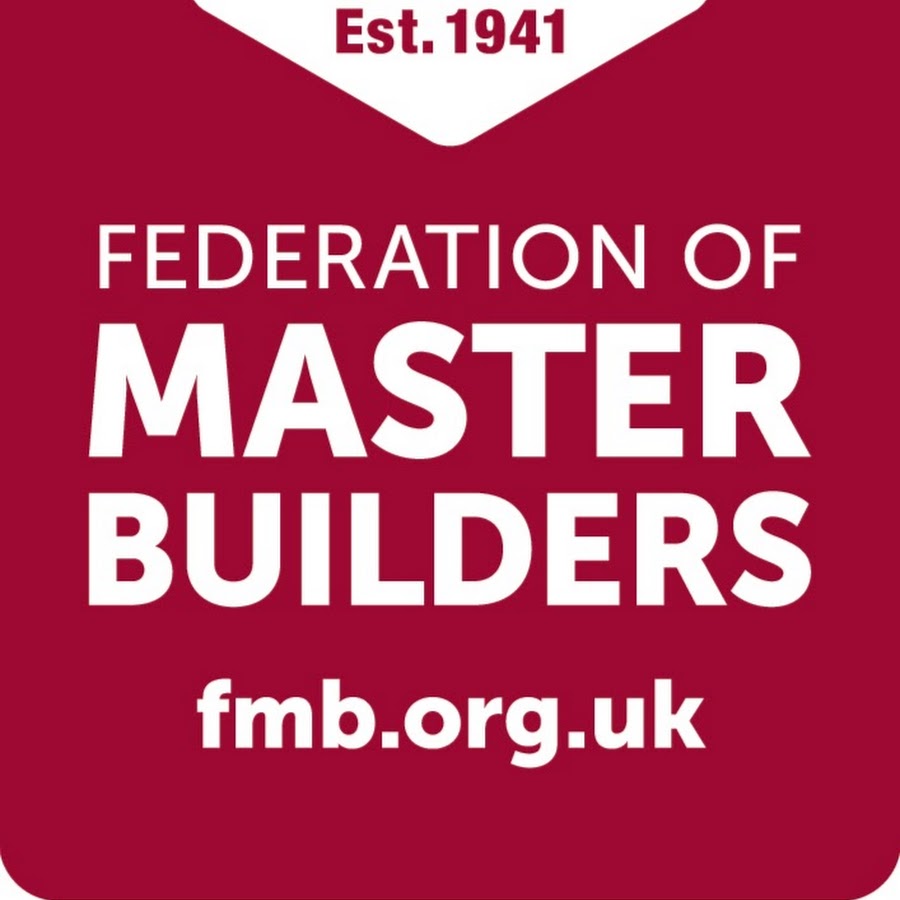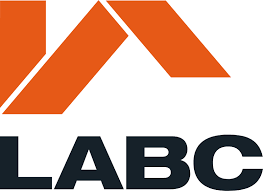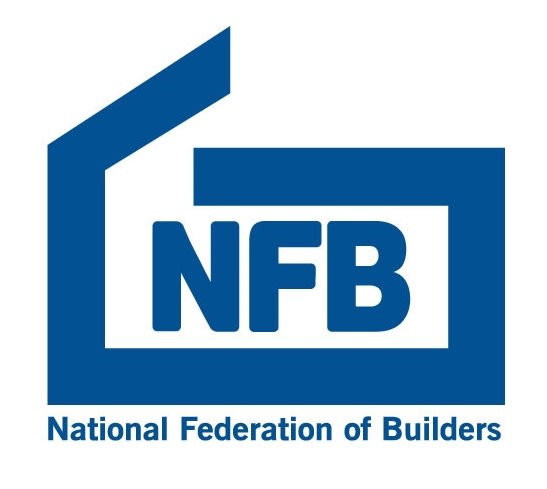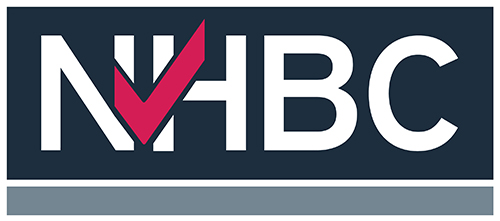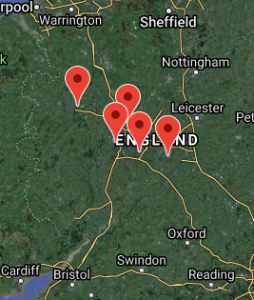
We have launched our MMC Suppliers map for the South West region. Producing the MMC suppliers map has given CESW the opportunity to help our client group understand which suppliers are in their region, which material…
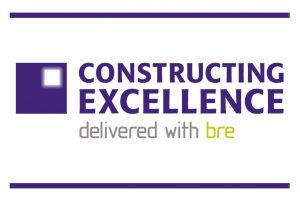
AN INNOVATIVE new prison has scooped three awards on behalf of the East Midlands at the national Constructing Excellence awards.
– built by Kier Construction for the Ministry of Justice – was designed and built using modern methods of construction (MMC), and picked up wins in the Digital Construction, Offsite Project of the Year and Client of the Year categories.
The trio of awards for the Wellingborough project recognised the innovative approach in using both MMC and building information modelling, as well as the integration and collaborative working between the design and build team and the client.
Meanwhile, the South West region also saw success with Shire Hall winning in the Integration and Collaborative Work category, celebrating the cohesive approach taken by Kier, Gloucestershire County Council, Quattro Design Architects and Adams Fletcher & Partners.
Taking place over 165 weeks and 82 phases, the transformation of the part-listed building from a tired and inefficient eyesore to an elegant and highly sustainable workplace earned the team the award, recognising its well-considered and well-executed solutions throughout a complex project.
The region also received two further ‘Highly Commended’ recognitions, with Seaton Beach credited in the Sustainability category for the UK’s first Passivhaus Plus certified apartment block, and Callum Yeowell of Gilbert & Goode named as runner up in the G4C Young Leader award. Keystone Group, on behalf of Construction Excellence Midlands, was also ‘Commended’ in the Innovation category.
Andrew Carpenter, chief executive at Constructing Excellence Midlands and South West, said: “While we are delighted that the HMP Wellingborough project has picked up three awards, we aren’t surprised. From start to finish, the project has been a shining example of how to integrate a modern approach with real collaboration, and it’s great to see our members’ contribution to this have been recognised with these three awards.
“The Shire Hall project shows just what can be achieved with a forward-thinking, cooperative approach, and we’re thrilled to see those efforts being rewarded. This year’s awards have been brilliant for the region and have shown how much amazing work is being done by our members, despite the challenges faced in 2020.”

MEMBERS of CE Midlands can now benefit from virtual continued professional development (CPD) accreditations, thanks to a new partnership.
The South West and Midlands branches of Constructing Excellence have partnered with MyProPass to offer CPD accreditation for all future events, including webinar, virtual conferences and seminars.
The partnership will allow members to record attendance at these sessions and receive digital certification for the hours accrued.
Andrew Carpenter, chief executive at CE Midlands, said: “One of the many challenges the last year has brought is the lack of in-person events, many of which were critical for the CPD requirements of our members.
“In partnering with MyProPass, our members will be able to find and sign-up to relevant CPD events, attend virtually and receive digital accreditation for their records. This is a significant step forwards for Construction Excellence as an organisation and shows our commitment to ensuring our members can access the best possible training.”
Bobby Chakravarthy, co-founder of MyProPass, said: “This partnership is a key part of our ongoing commitment to construction digitisation and innovation. We’re delighted to partner with Constructing Excellence South West and Midlands to help their members capture the benefits of CPD with a free-to-use system that enables them to book, track and record their sessions virtually.”
Members of Constructing Excellence South West and Midlands can receive the benefits of the partnership by registering at www.mypropass.co.uk.

As the Covid-19 situation continues to develop, further issues are arising and impacting upon the construction industry.
When the first lockdown was imposed, employers, main contractors and sub-contractors were very pragmatic. For a large number of projects, they agreed to close the site on the basis that the contractor was given more time, but agreed to not to charge, or to make a moderate charge, for the additional costs. With the benefit of hindsight, the sites that actually closed were only shut for a short period. Fortunately, that pragmatism has resulted in the industry avoiding disputes arising from the shutdown. However, it seems that people did not consider the continuing effects of the Covid-19 related measures to ‘on site’ productivity when they made their agreements and it is these disputes that are starting to come through.
The government has continually emphasised that the construction industry should keep working, but with additional measures to keep people safe and to minimise the risk of infection. These measures have not rendered construction projects impossible to complete, but they have delayed and disrupted construction works on site and supply chains have also been severely disrupted. Construction projects depend on the flow of materials, equipment and labour and any interruption in that supply chain can delay delivery and increase costs.
There appears to be a rise in the number of construction disputes due to disruption or loss of productivity claims, simply on the basis that, due to the Covid-19 restrictions, labour is less productive, and materials cannot be transported around sites efficiently. Consequently, the number of disputes arising from these causes need to be addressed in order to avoid the further costs arising from any form of formal dispute resolution.
Let us hope that, in true Constructing Excellence style, the pragmatic approach can be adopted again and parties can cooperate to resolve their issues.
The next big question will be, when will we see on the horizon the time when we can get back to normal or, at least, be at the new normal which must depend upon the vaccination programme.
In the meantime, on behalf of CE Midlands, please keep safe and well.
Keith Blizzard

The Construction Clients Group is looking for an enthusiastic chair to lead and promote Constructing Excellence within the Midlands. This position is well suited to an individual that is looking to bring their experience or advance their networking opportunities and career development by supporting a thriving and productive Constructing Excellent Clients group.
We comprise of 51 members from 36 organisations and have the opportunity to link in with other CE thought leadership groups. Strong foundations have been laid to continue the promotion of digitalisation, offsite manufacture/MMC quality/compliance and develop the knowledge sharing opportunities to meet both COVID and Brexit challenges and ensuring we become informed clients.
That drive to become an informed client doesn’t stop there. Group presentations on delay analysis, social value investment, alongside engagement with the competency group for building safety standards, innovation through MMC, the development of a Diploma in Smart Collaboration and the review and re-launch of the Clients Commitments Best Practice Guide, all provide an exceptional vehicle to influence construction on a local, regional and national level.
Having had an exceptionally rewarding tenure as chair, I would encourage you to contact Andrew Carpenter at: andrew.carpenter@cemidlands.org directly to express an interest in this role going forward.
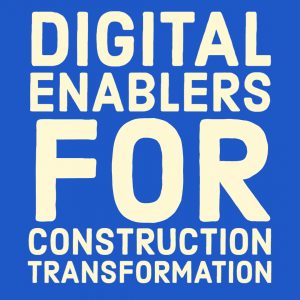
An Open Invitation for R&D Collaboration
The construction industry is faced with fundamental challenges of low labour productivity and low-profit margins. These issues have hampered project performance and quality of the built environment, resulting in high profile and very public examples, such as Cross Rail and Grenfell Tower in the UK.
In order to address these considerable and persistent problems, there is a need for radical solutions to transform the production and delivery process in the construction industry. Digital technology exemplified by Internet of Things (IoT), the move to Industry 4.0 and related business model innovations offers an opportunity for radical transformation.
DECONT is a research project undertaken by Loughborough University, System Loco and several industry partners, and funded by Transforming Construction Network Plus (N+), via an open competition. DECONT investigates how radical new concepts for digital technologies in construction could address challenges, identify opportunities, and define policies and pathways that would help facilitate step performance improvement.
Based on empirical data, DECONT found:
(i) two drivers for performance improvement, namely collaboration within supply chain and investment in R&D,
(ii) technology adoption process in three gradual phases of development,
(iii) new business models that will facilitate this adoption process. Our finding on scenarios for the digitalisation of the construction industry can be found here.
DECONT examined a number of foundational digital enablers (hardware & software) that can be found in various combinations in Industry 4.0. These combinations can be applied to address key problems in the construction process related to poor productivity and quality defects requiring expensive rework. For example, reusable location tags with sensor capabilities mounted on building components in offsite factories can be tracked in real time to the final point of onsite installation
This coupled with ID tags worn by workers and affixed to tools and equipment can facilitate improved onsite workflow control with a step change improvement in productivity. Workflow monitoring can identify process step irregularities that could result in defects thereby reducing the possibility of rework.
The DECONT team is currently exploring the potential applications of the DECONT concept with industry practitioners. Our intention is to take DECONT concept forward for future collaborative R&D activities that address real problems in the industry. We would like to invite you to participate in this endeavour and explore future collaboration. If you are interested, please contact Robby Soetanto (Loughborough University) via email: R.Soetanto@lboro.ac.uk .
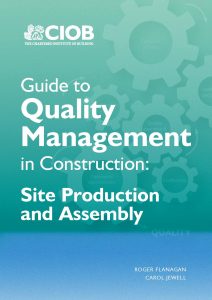
“As an industry, we have made significant steps forward in ensuring we deliver high quality buildings for our customers, however, there remains much for us still to do.” Mark Beard.
The management of quality in project delivery is a challenge for all firms involved in design, manufacturing, and site production, whether they are large or small.
The construction industry is under pressure to build more complex projects, safely, with minimum disruption

This month Martyn Jones continues his theme of combining Purpose with Profit by examining the role of trust in simultaneously binding individuals and organisations together and lubricating the processes of transformation.
Trust was highlighted in both the Latham (1994) and Egan (1998) reports as a major factor leading to the success or failure of construction projects. But how do we define trust, why is it now more important than ever and how do we go about building and sustaining it?
Back in 1995 The Reading Construction Forum published their seminal report: Trusting the Team: The best practice guide to partnering in construction. Partnering was presented as a way of improving construction project performance and bringing direct benefits both to clients and contractors.
Fast forward to 2020 and a quote from the recently published The Construction Playbook reiterates the role of trust: “Together we will need to build relationships and trust through how we contract, think long-term, manage risks and share information more effectively, be flexible when things need to change and ultimately deliver continuous improvement and real value”.
The authors of The Construction Playbook go onto argue that “experience has demonstrated that a partnership model with the principles of collaboration, openness, transparency and flexibility based on contractual delivery can be beneficial in driving successful outcomes and innovation”.
And there’s more: “Critical success factors of a partnership model include a focus on delivery by both partners, clear roles and responsibilities, a shared understanding of how to resolve disputes and a collaborative culture, including adopting a one‑team ‘win‑together, fail‑together’ approach.”
When we have asked the participants in our Rethinking Construction/Constructing Excellence workshops, seminars and events over the last 20 years or so to identify the key elements of collaborative working they invariably included trust. They told us it’s needed to make both external and internal partnerships stronger, increase the chances of managing risk and achieving successful project outcomes. They also highlighted the need for patience and the allocation of time and resources to painstakingly build trust. And watchfulness too, to sustain trust, as it can be lost in a single moment.
But here’s another of our members’ slant on trust. As well as seeing trust as the social glue that holds business relationships together, they also see it as the lubricant of the processes of innovation and transformation. Much needed now as we embark on transforming our industry.
In our guide, Outcome Led Procurement: A common sense approach to construction procurement, we point out that numerous studies have shown that people give of their best when they are valued and trusted. This is simple human nature and the reason why many serial clients tend to work with the same consultants and contractors with whom they develop a greater mutual understanding and trust. In turn, the consultants and contractors develop greater trust in the clients and a deeper understanding of their needs and the means to better achieve them.
And now, the ability to establish and build trust is becoming even more important in today’s challenging construction environment as we transform ourselves and the industry to build back greener and better. Clients and contractors are strategically repurposing themselves to play their role in reforming construction’s operating system, honing their core competencies and nurturing partnerships with other organisations to add value through new services, products, and expertise.
I have facilitated scores of workshops over the years and have asked our members to define trust. Their answers have been diverse and include: Being honest, having integrity, walking the talk, doing what you say, telling the truth, starting what you finish, being trustworthy, being competent, being someone people can count on – all of which are good answers, and all certainly capturing elements of trust. But given the risks inherent in most construction projects the definition of trust I most favour links it to risk: “The level of positive expectation we have of another person or organisation, when in a situation of risk.”
All relationships possess some degree of risk. This is true in our personal lives and is even more acute in our business relationships in construction where there is a high degree of uncertainty and yet high levels of interdependency between individuals and organisations. Risk and trust are interdependent: If risk is high, it challenges our sense of trust with partners but with high levels of trust, partners are more willing to work differently and take greater risks for mutual advantage.
How do we go about building or indeed repairing trust that has been lost? When establishing (or in some cases repairing) business partnerships between internal or external partners, it’s helpful to have a clear process that can be agreed that will align the objectives of the partnership, identify opportunities, challenges and risks, and establish the ongoing interactions and processes that will build and sustain long-term trust. These will include:
- Demonstrating that you trust others: Like most change in construction, building trust needs to start deep within organisations committing to becoming more trustworthy
- Creating or refreshing relationships with partners that are mutually beneficial by aligning purpose, objectives and interests
- Jointly identifying and directly addressing issues and challenges that might arise within the relationship
- Setting ground rules for decision making and issue resolution. By defining and agreeing on a clear process for resolving difficult issues trust grows in the partnership’s ability to work effectively together and build even stronger, long-term relationships.
- Telling the truth and keeping promises
- Being patient but determined
- Surprising (in a good way!) and delighting customers and suppliers by giving them what they asked for (competence trust), but on top of that, by delivering more – more value, more purpose, more service, more time, more convenience and more sensitivity. Delivering more than others expect goes a long way to adding real value and building trust
- A final step in the trust-building process: Establish a regular schedule to come back together to review and refresh the relationship, to recalibrate objectives and resources, to publicly celebrate successes in enhancing both Purpose and Profit, and to ensure that trust is continually and consciously being strengthened and sustained.




